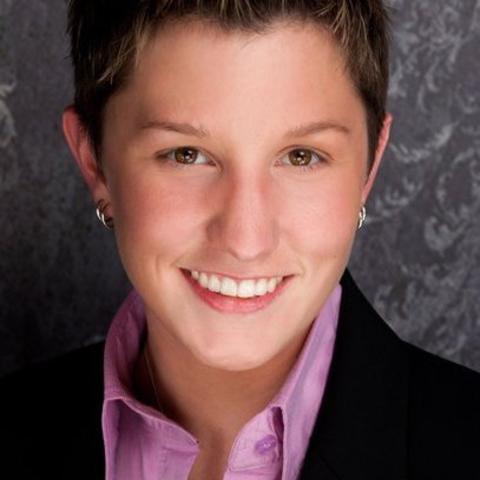
Section Branding
Header Content
Avoid Becoming Mal-Employed
Primary Content

If you have more education than what your job requires, you may be "mal-employed" also known as "under-employed'. According to a CNN Money article, with calculations by Andrew Sum, director of the Center for Labor Market studies at Northeastern University, as of May 2013, the mal-employment rate for college educated workers 25 and younger was 36%.
With 1/3 of young workers not meeting their professional potential, widespread mal-employment could have serious implications for the future. For example, that a psychiatrist, who spent time and money to earn a degree only to end up waiting tables. Ron Caruthers, author of "What Your Guidance Counselor Isn't Telling You" and founder of Ducerus, a national college planning company says, "They are being paid far less than their actual earning potential. Over a few years - or a lifetime - those missed wages could add up to serious money lost. There are many factors contributing to mal-employment, starting with the choice of degree. A student might get a degree in marine biology, for instance, and after graduation find out there are very few new positions being created in that field. Or maybe a student really wants to study English, but has no idea how to transition that into a career."
While it is easy to fall into the mal-employment trap, here are a few tips to avoid being under-employed after graduation.
Secondary Content
Bottom Content





